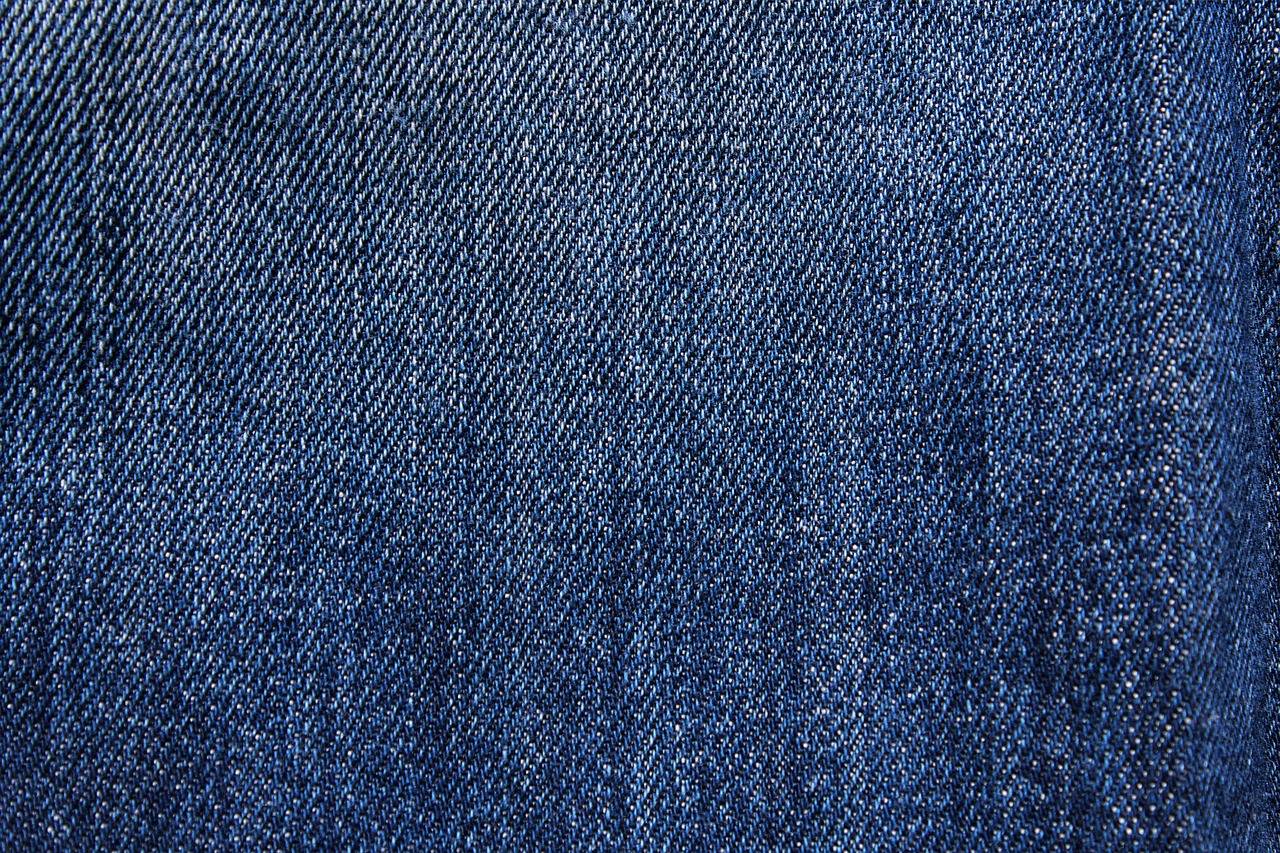The Significance of Ethical Fashion Production
Ethical fashion production matters tremendously in today’s globalized world. The fashion industry’s impact on the environment, labor rights, and consumer well-being cannot be overstated. It is imperative for fashion brands to prioritize sustainable and ethical practices to ensure the well-being of workers, protect the planet, and meet the demands of socially conscious consumers.
When fashion production processes are not ethical, the consequences can be dire. From exploitative labor practices to environmental degradation, unethical fashion production perpetuates social injustices and harms the planet. By promoting ethical fashion production, brands can contribute to positive change and set a standard for responsible and sustainable practices in the industry.
Positive Impact on Workers’ Rights
The implementation of ethical fashion production practices can bring about a significant improvement in the rights and well-being of workers within the industry. By adhering to fair labor standards, workers are provided with safer working conditions, fair wages, and reasonable working hours. This not only ensures their physical and mental well-being but also empowers them to lead better lives with dignity and respect.
Additionally, ethical fashion production fosters a culture of transparency and accountability within the supply chain. When companies prioritize workers’ rights, they set a positive example for the industry as a whole, leading to a ripple effect that encourages other businesses to make similar commitments. This collective shift towards ethical practices creates a more sustainable and equitable environment for all workers involved in the fashion production process.
Why does ethical fashion production matter?
Ethical fashion production matters because it ensures that workers’ rights are respected, promotes fair wages and safe working conditions, and reduces the negative impact on the environment.
How does ethical fashion production have a positive impact on workers’ rights?
Ethical fashion production ensures that workers are treated fairly, paid a living wage, and work in safe conditions. It also promotes transparency and accountability in the supply chain, leading to better working conditions for all workers involved.
What are some examples of positive changes in workers’ rights due to ethical fashion production?
Some examples include improved wages for garment workers, better working conditions in factories, and increased awareness and enforcement of labor laws in the fashion industry.
How can consumers support workers’ rights in the fashion industry?
Consumers can support workers’ rights by choosing to purchase from brands that prioritize ethical production practices, advocating for transparency in the fashion industry, and demanding fair treatment of workers throughout the supply chain.





